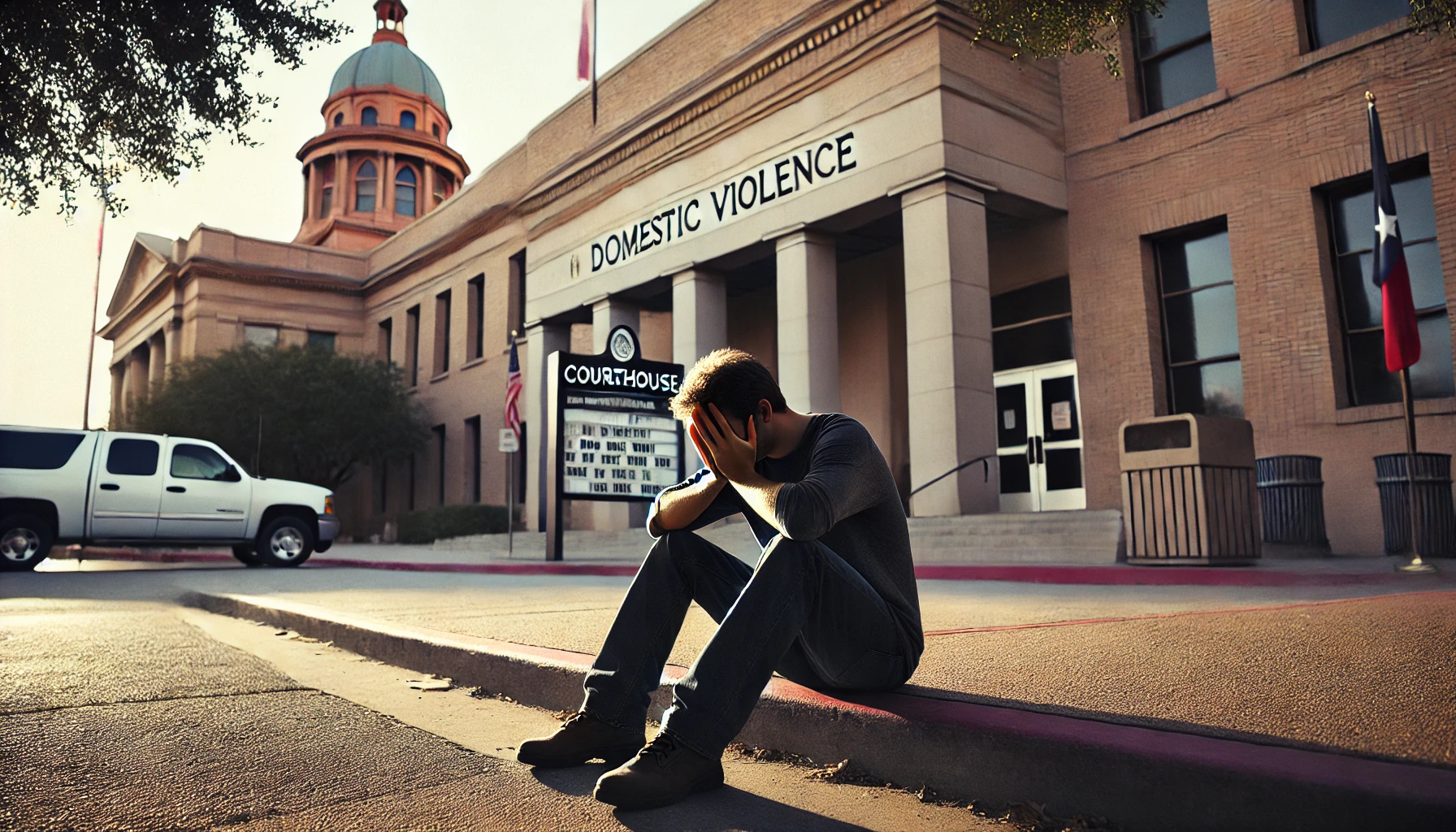

What Happens If the Victim Doesn’t Want to Press Charges in a Texas Domestic Violence Case?

What Happens If the Victim Doesn’t Want to Press Charges in a Texas Domestic Violence Case?
One of the most common questions after a domestic violence arrest is:
“Can’t the victim just drop the charges?”
The short answer in Texas is no.
Once someone is arrested for domestic violence, the case becomes The State of Texas vs. the Defendant — not the victim vs. the accused. That means the prosecutor, not the alleged victim, has the power to decide whether to dismiss the charges, move forward to trial, or offer a plea deal.
In this post, you’ll learn:
- Why prosecutors don’t need the victim’s permission to proceed
- What Texas law says about domestic violence prosecution
- What happens if the victim refuses to testify
- How a lawyer near you can still challenge the case — even without the victim
Step 1: The Arrest Triggers a Criminal Case
In Texas, domestic violence is treated as a serious public safety issue. If police are called to a scene and find:
- Physical injuries
- Witness statements
- A 911 call with fear or distress
- Admissions by the accused
…they will often arrest the person even if the alleged victim says they don’t want them arrested.
Once the arrest happens, a prosecutor is assigned to the case — and at that point, only the prosecutor can dismiss or reduce the charges.
Step 2: The Prosecutor Controls the Case — Not the Victim
Texas courts have made it clear: victims don’t “press” or “drop” charges.
Under Tex. Code Crim. Proc. Art. 2.03(b):
“It is the duty of every peace officer to prevent family violence… and to enforce the law of the state, even if the victim does not wish to prosecute.”
Prosecutors will often:
- Continue the case without the victim
- Use 911 calls, bodycam footage, photos, and third-party witness statements
- File a motion to compel the victim to testify
They may also issue a subpoena or request a writ of attachment (a court order to physically bring the witness to court).
Step 3: What If the Victim Refuses to Cooperate?
If the alleged victim:
- Doesn’t show up to court
- Doesn’t respond to subpoenas
- Says they want to “drop the case”
…the prosecutor still has several options.
They may:
- Ask the judge for a continuance to locate the witness
- Introduce excited utterances under Tex. R. Evid. 803(2) (e.g., 911 recordings or on-scene statements)
- Use body camera footage of the immediate aftermath
- Offer other witnesses’ testimony
In counties like Harris and Fort Bend, prosecutors are trained in evidence-based prosecution and may continue the case without the victim entirely if they believe they can prove the assault occurred.
Step 4: What Happens If the Victim Recants?
If the alleged victim says:
- “It didn’t happen”
- “It was a misunderstanding”
- “I made it up”
…the State may still move forward, especially if:
- There are visible injuries
- The defendant made admissions
- There are prior reports of violence or calls to 911
Prosecutors often assume that victims recant because of:
- Fear of retaliation
- Financial dependence
- Family or cultural pressure
Even a full recantation does not guarantee dismissal.
Step 5: Can a Case Be Dismissed Without the Victim?
Yes — but only if the prosecution believes they can’t prove the case beyond a reasonable doubt.
Your attorney may be able to show that:
- The physical evidence is weak or inconsistent
- The statements made by the alleged victim are inadmissible under Crawford v. Washington (i.e., testimonial and not subject to cross-examination)
- There was no intent to cause harm
- The contact was accidental or self-defense
In some cases, prosecutors will dismiss or reduce the charge if the victim won’t testify and there’s not enough evidence to proceed.
Step 6: Can the Victim Help the Defense?
Yes — in some cases, the alleged victim may:
- Provide a written affidavit of non-prosecution
- Appear in court to testify that the incident was misunderstood or exaggerated
- Cooperate with the defense team
However, this must be done carefully. If the alleged victim is found to have made a false report, they may face legal consequences themselves.
Your attorney can help:
- Draft the appropriate affidavit
- Present evidence of the victim’s position to the prosecutor
- Avoid violating protective orders or bond conditions
Step 7: How This Plays Out in Different Counties
Harris County
- Evidence-based prosecution is common
- The District Attorney’s Office may proceed without the victim
- PR bonds and no-contact orders are common
Fort Bend County
- Judges expect strict compliance with court orders
- Prosecutors weigh cooperation, but aren’t dependent on it
Galveston County
- More conservative; prosecutors are often aggressive
- Cases may continue with minimal victim involvement
Brazoria County
- Similar to Galveston; prosecutors often pursue even first-time cases to sentencing
- Protective orders may be issued early and stay in place regardless of victim’s wishes
Final Tip: The Case Isn’t Over Just Because the Victim Wants It Dropped
Whether or not the victim wants to “press charges,” the State of Texas decides whether the case moves forward. That’s why you need a strong defense strategy from the beginning.
At Walker Law Office, attorney Mekisha Walker has handled hundreds of domestic violence cases from both sides — as a prosecutor and a defense attorney. She knows how to deal with reluctant witnesses, evidence-based prosecution, and local courtroom strategies in Harris, Galveston, Fort Bend, and Brazoria Counties.
Call (713) 228-2611 or visit https://www.walkerlawhouston.com/contact to speak with a lawyer near you today.


